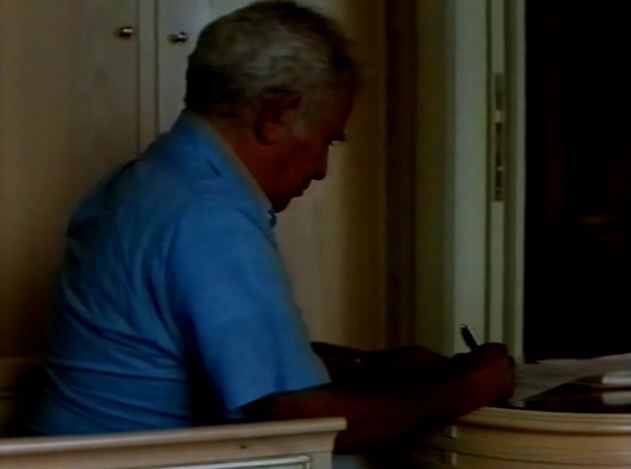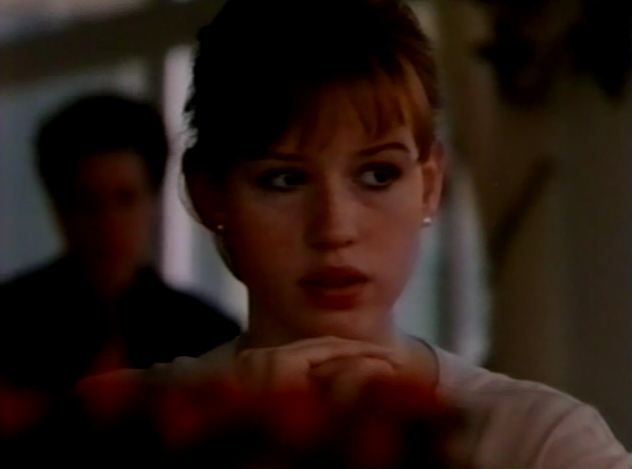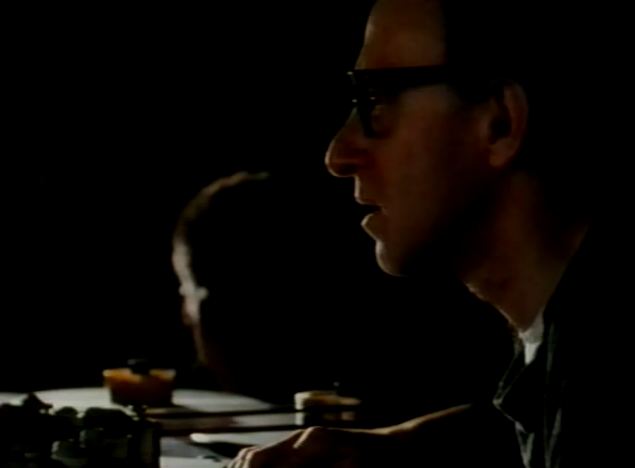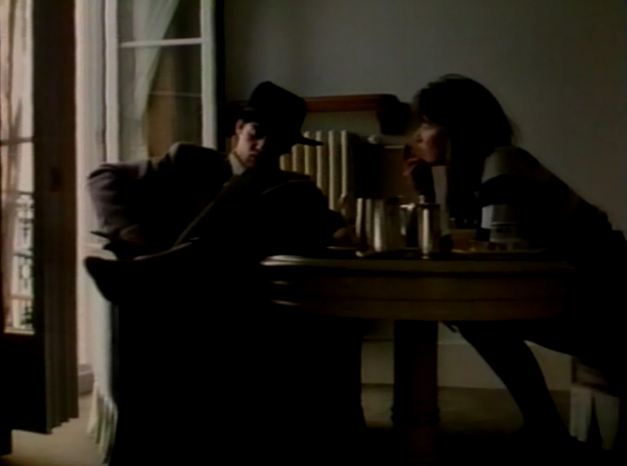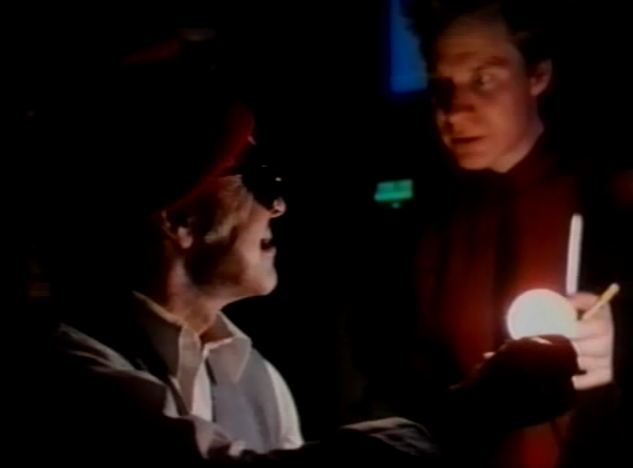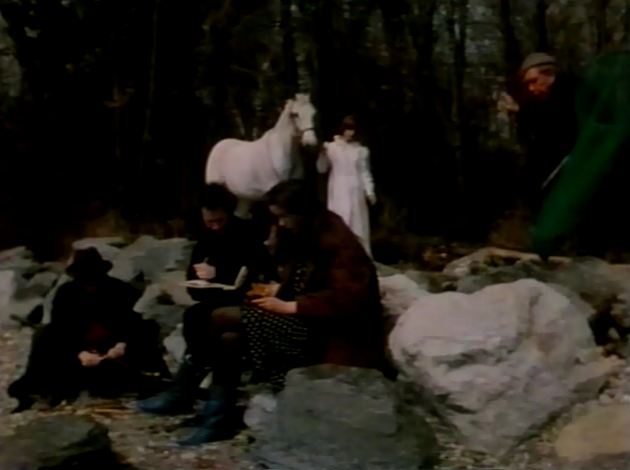Godard’s King Lear is whacky to say the least, loved as much as it is loathed, as difficult to enjoy for some as it is a pleasure for others who don’t mind their cinema fractured to the point of nonsense. For those who care about these things here is the story, although let’s not laugh too much at that word: William Shakespeare Junior the Fifth (Peter Sellars) is attempting to write something for the Cannon Group in a post-Chernobyl parallel universe, where art is a lost memory and where Don Learo (Burgess Meredith) and his daughter Cordelia (Molly Ringwald) meet to discuss their philosophies and emotional difficulties.
It’s not Godard’s most obscure or tricky film and although it’s a mess, most buffs appear to find something pretty amazing in it — for me it’s the soundtrack, which does most of the work, highlighting as it does the fact that in films in general, although most is spent on the visuals, it’s the sound that is creating the dramatic or otherwise effect.
Norman Mailer: "Mailer! Yes. That is a GOOD way to begin."
Molly Ringwald
Woody Allen
One of the issues in King Lear, it is argued by Colin McCabe, was Godard’s tendency at the time in his work to ‘oppose the honest French to the perfidious Anglo-Saxons’; and bearing in mind that Shakespeare was always the master poet of anti-French English sentiment, it’s little wonder that Godard couldn’t read more than a couple of pages of the play without it provoking lethargy or crisis.
In that sense, Godard failed to make a film of King Lear as he had agreed to, and once you know this, and combine it with the fact that it is and is likely to remain his only all-English film, you may feel more able to cope.
Ask Pluggy anything about cinema - he will know the answer
The lethargy of King Lear is manifest, visually at least, while the soundtrack is definitely in crisis. It’s the film’s soundtrack that is definitely the star, other than Peter Sellars who was instrumental in finishing the project, and who brought in Molly Ringwald.
Godard himself holds court as Professor Pluggy, a prophetic mumbler who has a mess of cables and audi-visual leads for hair, a tangle which he can plug into the unknown it appears — one of the most daft and ridiculous things on screen, anywhere.
The fact that King Lear is Godard’s only film in English is notable. The way Godard speaks English, both in his narration and as Professor Pluggy is accented and garbled, as if he wants to humiliate the language; and naturally he hangs a lot on the word ‘nothing’, one of the few words he picks up from the play of Lear. To top it all, in defiance of Anglo-Saxon domination of language and cinema, Godard takes refuge in the figure of Joan of Arc, for clearly things Anglo choke and sicken him. When he is not carrying on like this, Godard can also be found repeatedly photocopying his hand for no particular reason.
Burgess Meredith
This isn’t just Godard’s diehard deconstruction method, but Godard making wild with his material, maybe in the same way that the Abstract Expressionists approached their art. And if you want to know if you’ve ‘got’ the film or not, listen for the seagull at the end. If you are confused, Godard wins; if you think it is simply hilarious, and breathe sweet release at having made it through the picture, then it’s you who is the victor. If Godard did trailers, then the trailer for Lear might be a little like this:

